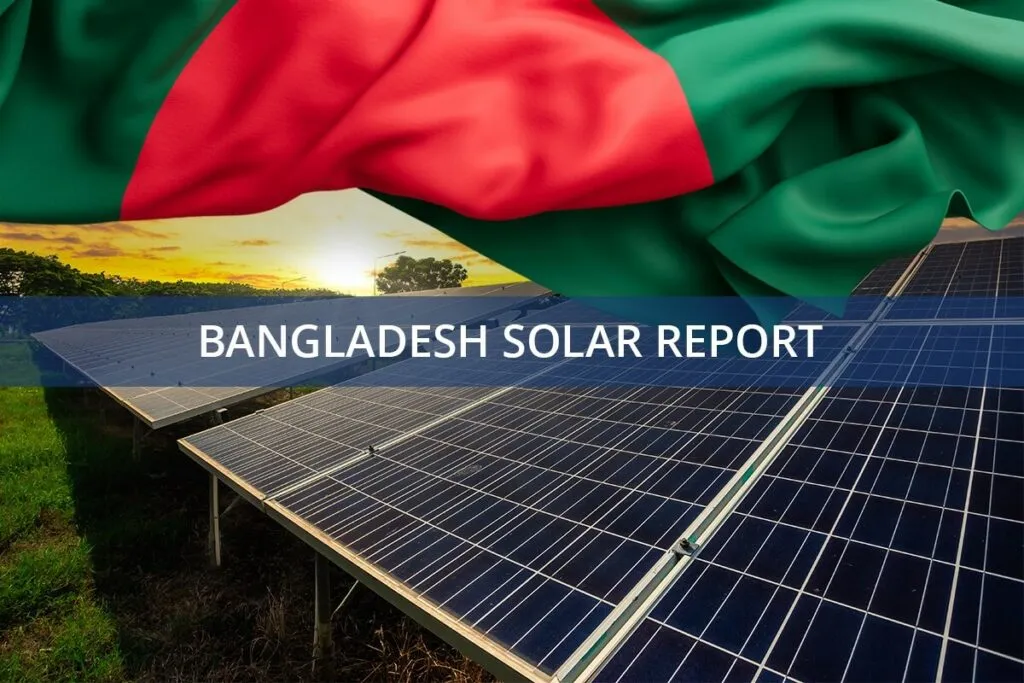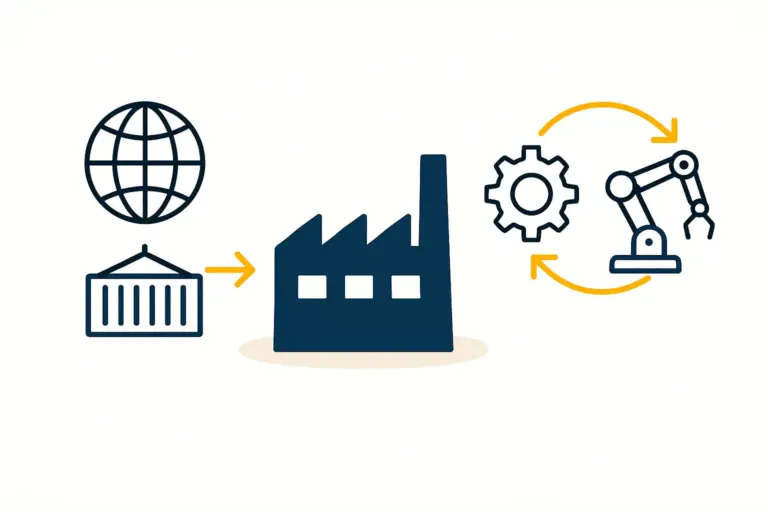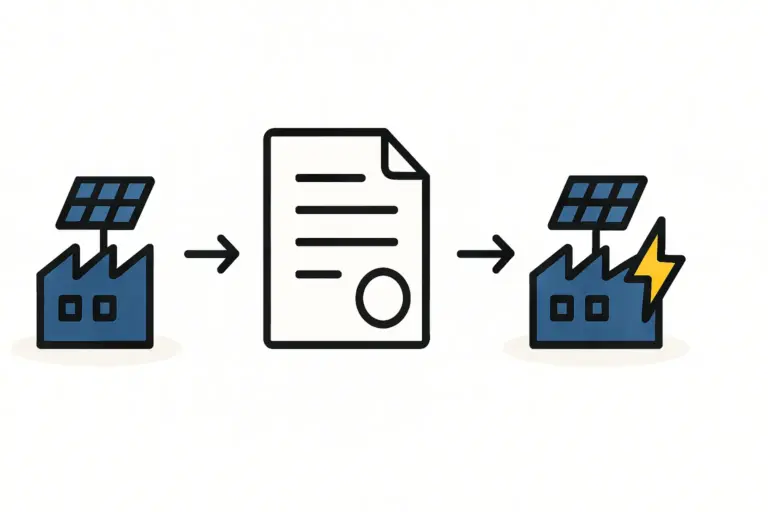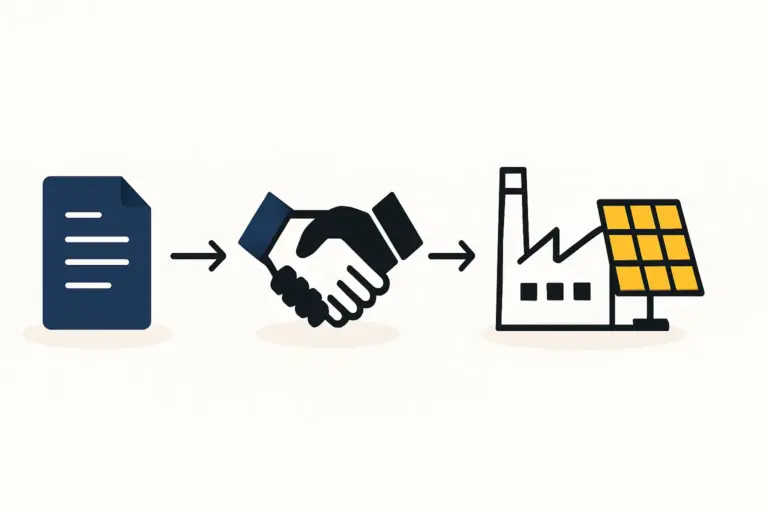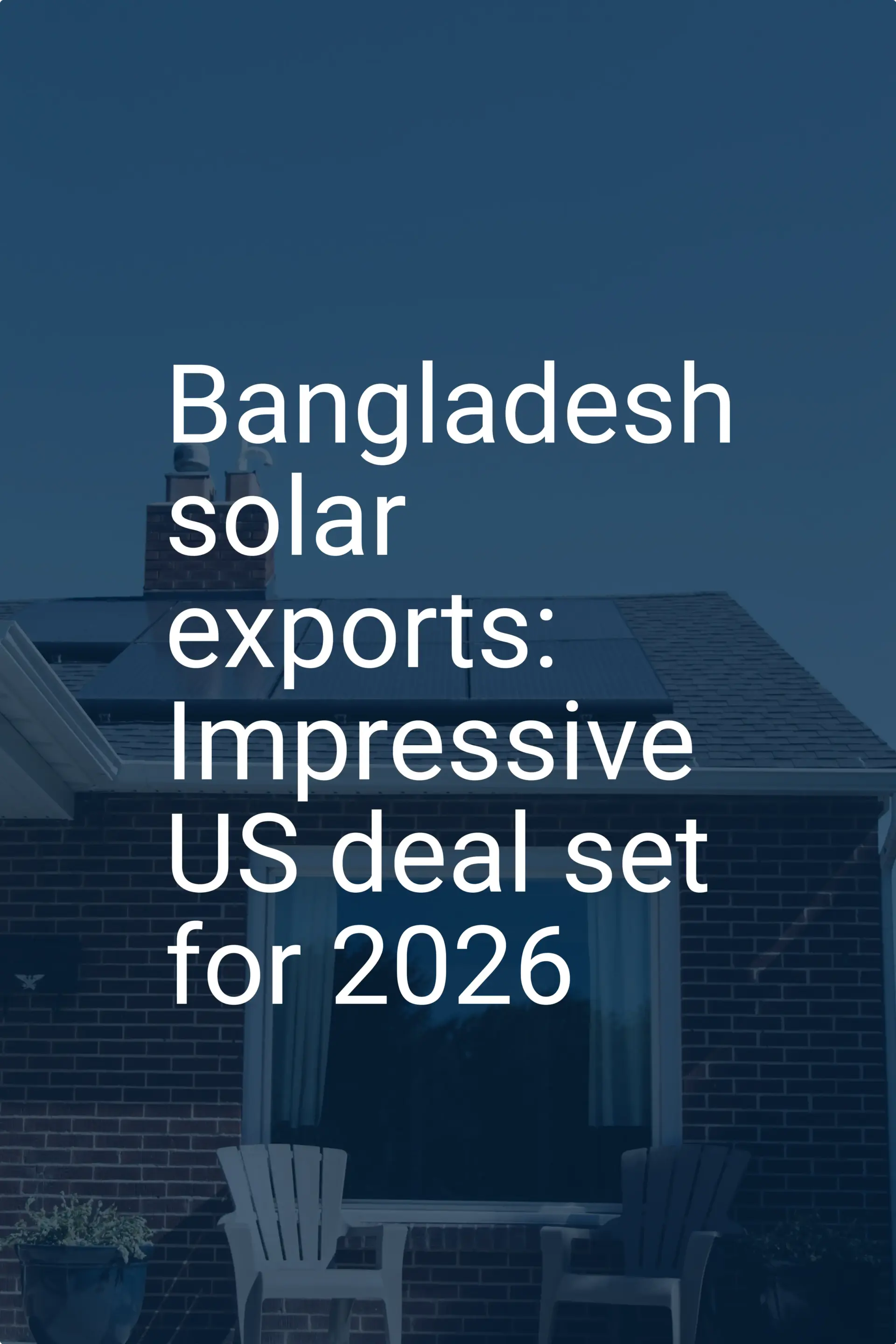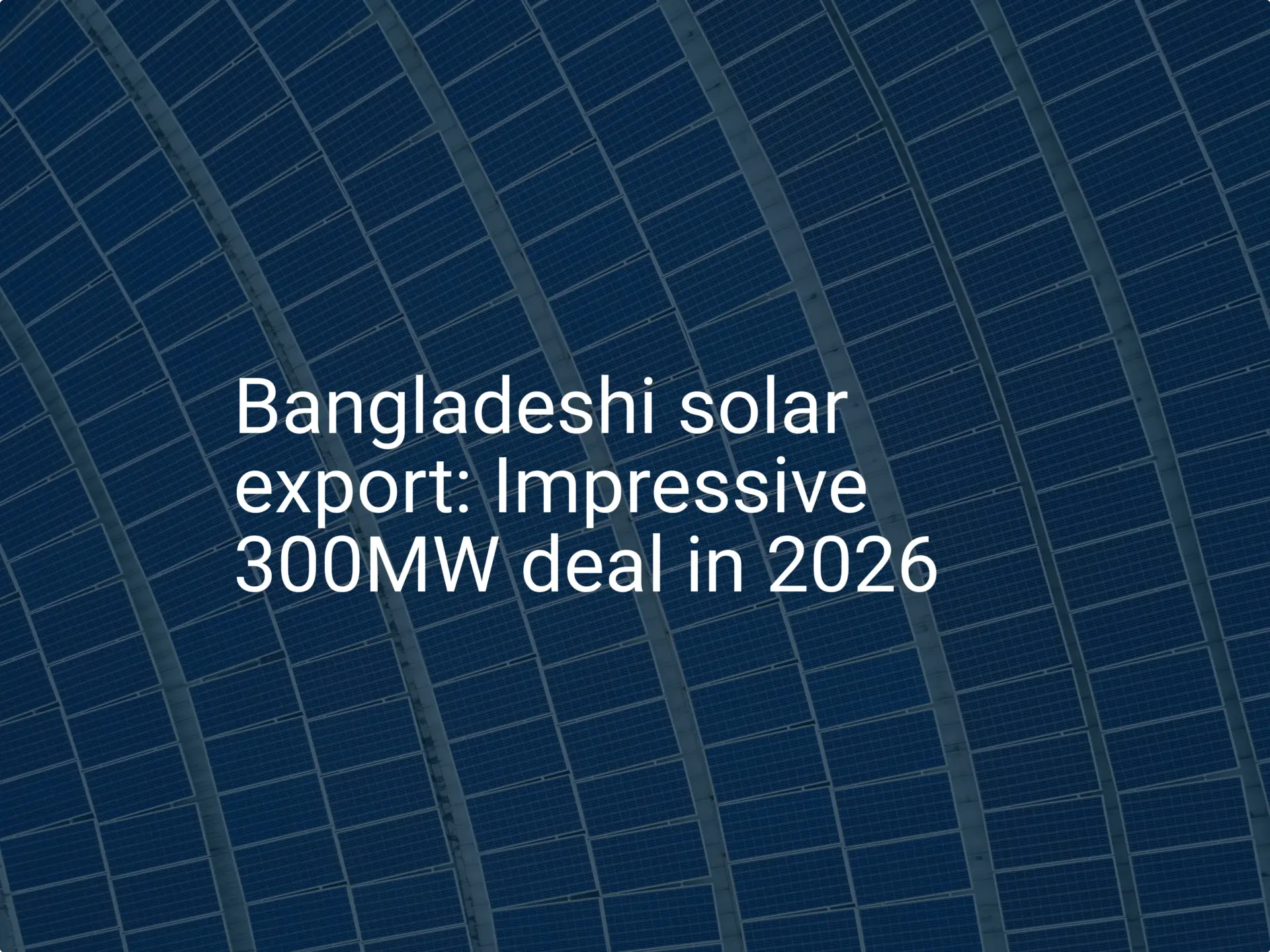Bangladesh’s “Smart Bangladesh” vision for 2041 sets an ambitious goal: sourcing 40% of its energy from clean sources. Yet, a fundamental challenge stands in the way.
The country currently imports approximately 95% of its solar modules—a gap between national ambition and local manufacturing that creates a compelling opportunity for forward-thinking entrepreneurs.
While headlines often focus on multi-billion-dollar gigafactories, the most strategic entry point for many markets isn’t about sheer scale. It’s about precision, agility, and meeting specific local demands. This article explores the practical and financial feasibility of establishing a small-scale solar module production line in Bangladesh, a venture that aligns directly with the nation’s evolving energy needs.
Table of Contents
The Strategic Advantage of Starting Small
For an entrepreneur entering the photovoltaic industry, the concept of a massive production facility can be daunting. A small-scale line, typically with an annual capacity of 25 to 50 megawatts (MW), offers a more manageable and strategic starting point.
The primary advantages of this approach include:
- Lower Initial Capital Outlay: Requires a significantly smaller investment, reducing financial risk.
- Faster Time-to-Market: A compact line can be planned, built, and commissioned in less than a year with the right guidance.
- Operational Agility: Smaller operations can adapt quickly to new technologies or shifts in local market demand, such as producing specialized modules for solar irrigation pumps or unique sizes for industrial rooftops.
- Focused Market Penetration: Instead of competing in the global commodity market, a local factory can build a strong reputation by serving the burgeoning commercial, industrial (C&I), and agricultural sectors within Bangladesh.
A semi-automated line of this size can be operated by a trained team of 25–30 employees, making it a realistic venture for established business owners looking to diversify.

Understanding the Investment and Financial Landscape
A successful venture hinges on a clear understanding of its financial requirements. While specific figures depend on the chosen technology and level of automation, government policies in Bangladesh offer significant support for new investors in this sector.
Key Financial Considerations:
-
Capital Expenditure (CapEx): The primary investment covers machinery, facility setup, and initial raw material inventory. The government’s provision for duty-free import of capital machinery directly reduces this initial financial hurdle. A sound business plan requires a thorough analysis of the total solar module manufacturing plant cost.
-
Government Incentives: Beyond duty exemptions, investors may be eligible for tax holidays and other fiscal benefits designed to encourage local manufacturing and reduce import dependency.
-
Financing: While accessing financing can be a challenge in Bangladesh, a well-researched business plan demonstrating clear market demand and a solid return on investment greatly improves the chances of securing funds from local and international financial institutions.
While a larger factory may achieve lower per-unit costs at full capacity, the initial investment for a small-scale line is substantially lower, presenting a more favorable risk-to-reward ratio for new entrants.
Key Operational Factors in the Bangladeshi Context
Setting up a factory involves more than just financing. Entrepreneurs must also navigate a unique set of local operational realities.
Technology and Process
The heart of the factory is its production technology. Investors, especially those without a technical background, must understand the core steps of the solar panel manufacturing process. This knowledge is crucial for making informed decisions about the level of automation and quality control needed to produce bankable, high-performance modules.
Sourcing Equipment
The quality and reliability of the final product depend directly on the machinery. Sourcing the right solar production line equipment is a critical project milestone. Partnering with an experienced engineering firm can prevent costly errors and ensure the selected machines are suited for the intended scale and module technology. Experience from J.v.G. turnkey projects shows that integrating a robust quality management system from the outset is non-negotiable for long-term success.

Location, Logistics, and Labor
Land scarcity is a known challenge in Bangladesh, particularly near major economic hubs. A strategic site selection process is crucial, balancing land cost with proximity to industrial zones in areas like Dhaka, Gazipur, or Chittagong. The location must also provide access to logistical infrastructure for importing raw materials and distributing finished goods.
Furthermore, while Bangladesh has a large workforce, the pool of technicians with specific experience in photovoltaic manufacturing is limited. A successful operational plan must include a comprehensive training program—often delivered by the equipment supplier or a technical consultant—to upskill the local team.

The Path Forward: From Concept to Production
For an entrepreneur in Bangladesh, establishing a solar module factory is a journey that can be broken down into manageable steps.
-
In-Depth Feasibility Study: Go beyond a preliminary idea by developing a detailed business plan that models costs, revenues, and market demand specific to Bangladesh.
-
Strategic Partnerships: Engage with technical experts who can guide the project. Many investors find that a turnkey solar production line solution—which includes everything from factory layout and equipment procurement to installation and staff training—is the most efficient path to market.
-
Navigating Bureaucracy: Work with local consultants to leverage all available government incentives and secure the necessary permits for operation.
-
Focus on Quality: From day one, establish processes to produce modules that meet international standards. This is essential for building trust with customers and securing financing for projects that use your panels.
This opportunity is not just about manufacturing a product; it’s about building a brand synonymous with quality and reliability in a market poised for exponential growth.
Frequently Asked Questions (FAQ)
Q: What is considered “small-scale” in solar module manufacturing?
A: For a new market entrant, a small-scale line typically has an annual production capacity of 20 MW to 50 MW. This allows for a focused operation that can serve specific market niches effectively without requiring the massive capital investment of a gigawatt-scale facility.
Q: How much space is needed for a 25-50 MW production line?
A: A semi-automated production line with this capacity, including space for raw material storage and finished goods warehousing, generally requires a facility of approximately 2,000 to 3,000 square meters.
Q: Can a factory in Bangladesh produce modules of international quality?
A: Absolutely. Module quality depends on the caliber of raw materials and the precision of the manufacturing and quality control processes. By sourcing certified materials and implementing internationally recognized quality assurance protocols (like ISO 9001), a Bangladeshi factory can produce modules that meet or exceed global standards.
Q: How long does it typically take to set up a production line?
A: With a clear plan and an experienced implementation partner, the timeline from placing equipment orders to producing the first certified module is typically between 9 and 12 months.
Conclusion: A Foundational Opportunity for Local Industry
The gap between Bangladesh’s renewable energy targets and its current manufacturing capacity is not a weakness but a clear invitation for local investment. The challenges—from financing and land acquisition to finding skilled labor—are significant but not insurmountable. With strong government support and a growing demand from the industrial and agricultural sectors, the business case for establishing a small-scale solar module production line is compelling.
For the discerning entrepreneur, this is an opportunity to move beyond importation and build a foundational local industry, creating value, jobs, and energy security for Bangladesh’s future. The path requires careful planning and expert guidance, but the destination is a central role in one of the nation’s most critical economic transformations.

